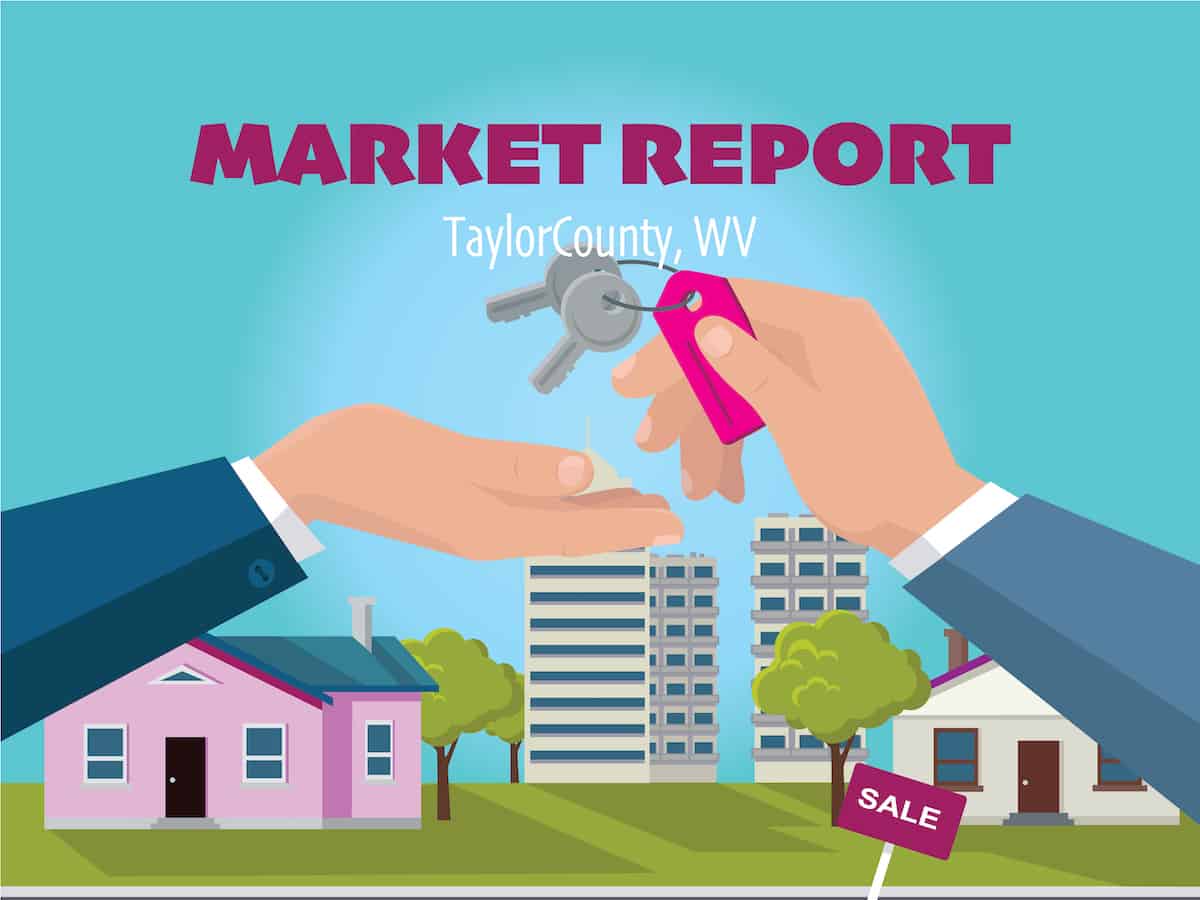Will NFTs Streamline the Luxury Real Estate Market?
In early October 2022, it was widely reported that a 3-bedroom home in Columbia, South Carolina became the first house ever sold as a nonfungible token (NFT). For people keeping up with blockchain technology developments, the sale was an expected milestone. For everyone else, it amounted to a head scratching moment.
What’s really going on here? Do you need to know about this technology to sell your home next year, or next decade? In today’s blog, White Diamond breaks down the basics of this story, provides insight into what to expect from real estate NFTs moving forward, and offers a word of caution.
The NFT boom (and bust)
Most Americans view the emergence of NFTs as a type of tulip mania, that is, an unsustainable market where the value of a traded item balloons beyond its utilitarian value. At first glance, such skepticism validated because the overall market value of NFTs has fallen 97% since its January 2022 peak.
However, although the exorbitant auction prices that made artists like Beeple rich beyond their wildest dreams have plummeted, the number of persons who own NFTs continues to rise. Few people are paying millions of dollars for a single NFT these days, but more than ever are willing to buy NFT collectibles. For example, during the 2022 World Series, MLB and Candy are partnering on NFTs featuring key plays, as they have all season. Such collectables across the sport, gaming, and entertainment industries have remained popular, despite market pressures.
But really, what is an NFT?
NFTs are unique digital tokens that serve as ownership titles to property. Although much property traded using NFTs is virtual (such as a digital baseball card), these titles can also be used to exchange real property. In theory, because NFTs are stored on a secure blockchain ledger, they provide immutable digital proof of ownership. When an NFT is programmed to represent a real world or virtual object, whoever owns the NFT also owns that object.
What does this have to do with real estate?
Emily Rella of Entrepreneur explains, “The LLC of the company that wishes to sell the home creates an NFT representing ownership of the home. Whoever purchases that NFT then has ownership of the property. Though the purchase is digital, the ownership is very real—whoever owns the NFT owns the physical home in the real world.”
Coming off some of the most profitable years for home sales in American history, the market is beginning to slow. Rising interest rates and a sluggish economy are impacting all but the hottest markets. In such a market, every home seller seeks to generate more interest in their listing. When you consider how many news outlets drew attention to this single home sale because it utilized an NFT, it’s easy to understand why some real estate companies might want to be known as an early adopter.
Another reason why this tech appeals to some sellers is one to which we can all relate. It takes less paperwork to sell property using an NFT than without one. According to Forbes’ Guide to Using NFTs in Real Estate, instead of waiting for weeks or months to go through a lengthy property transfer process, NFTs cut out traditional middlemen.
As Forbes’ John Hajii puts it, “They transfer directly and simply between peers and come with a host of features and advantages… In theory, an NFT property sale could be as simple as a few clicks, covering digital validation of funds and identity, and the property is transferred.”
This last part may be a major sticking point against widespread adoption, because title companies are not excited about competing against a relatively unregulated technology that has made as much news for costly data breeches as it has for technological advantages. Given that regulatory clarity and financial security are not yet established for such sales, most real estate companies remain years away from widespread adoption of NFT sales.
A word of caution
Over time, NFTs could bring improved transparency to the real estate market, but first there are some serious issues to work out. The fact that this technology is neither fully regulated nor well understood by most consumers opens the door for deception, fraud, and exploitation. For this reason, readers of this blog are advised to exercise caution.
As one proponent of digital real estate put it, “Real estate is one of the oldest, most stable industries in history, whereas the NFTs originated less than a decade ago and are riddled with scams, hacking, theft, and volatility.”
The White Diamond philosophy
Whether you seek to purchase or sell a luxury home, employing a reputable real estate brokerage like White Diamond Realty is still the saftest, proven route to realize your property dreams. That’s because we are committed to serving our community and building strong relationships through a simple philosophy that we call HIT:
- H: Honesty, Hard work, Humility
- I: Integrity, Innovation, Intelligence
- T: Trust, Teamwork, Tenacity
HIT may not be a cutting-edge technology, but as White Diamond’s Melissa Hornbeck explains, “This philosophy guides everything we do. From our first contact with potential clients through each stage of the selling or buying process, we’re committed to making good on every word of it.”









